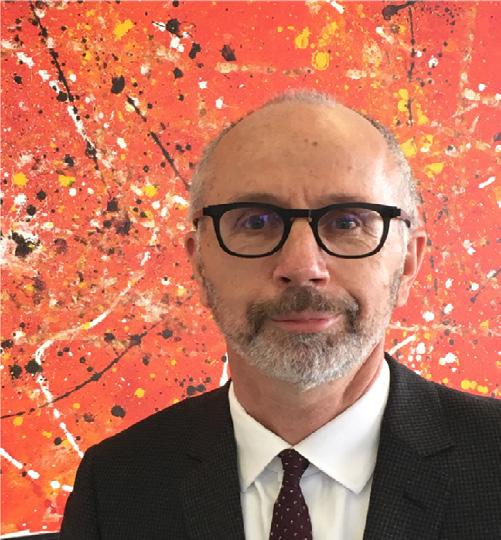
4 minute read
Psychology’s Response to the TRC Report - Part 3
By Tamara Austin M.A. R.Psych; Joanna Card M.Ed. R.Psych; Shandra De Clerck M.Sc. M.A. R.Psych; Krista Forand M.Ed. R.Psych; Andrew Nicholson M.Sc. R.Psych.
Advertisement
.This is article three in a series by members of the Social Justice, Equity and Diversity Community of Practice (on PAA Collaborate https://collaborate.paa-ab.ca/home) reflecting on Psychology’s Response to the Truth and Reconciliation Commission of Canada’s Report (2018) https://cpa.ca/docs/File/Task_Forces/TRC Task Force Report_FINAL.pdf
The first article (2021 Sept, p.15 at https://e.issuu.com/embed.html?d=2021_sept_psymposium&u=paa-psymposium) acknowledged our unethical conduct towards Indigenous Peoples, past and present. The second article (2022 June, p. 19 at https://e.issuu.com/embed.html?d=2022_june_psymposium&u=paa-psymposium) summarized six guiding principles for the practice of psychology in general, as outlined in the report.
This article focuses on the following topics outlined in the Task Force Report relating to education in the profession of psychology and Indigenous Peoples in Canada:
1. Barriers for Indigenous students
2. Key training elements for undergraduate students and graduate students
3. Cultural literacy training for practitioners
Barriers for Indigenous Students
The report outlines that there are estimated to be fewer than 12 Indigenous psychologists in Canada, an alarmingly low number. Potential barriers to Indigenous students pursuing studies in psychology likely include financial challenges and a sole focus by higher education on Western epistemologies. The report recommends the creation of more post-secondary funding opportunities for Indigenous students that can support them directly with tuition, as well as indirectly with factors that impact their ability to pursue education, such as childcare. Equally as important is psychology’s role in advocating for improved access to early childhood, primary and secondary education for Indigenous and First Nations persons. In 2012, it was reported that 63% of Indigenous and First Nations adults did not have a high school diploma, highlighting that there are systemic failures to support lifelong, linguistically and culturally appropriate education, even prior to entry into the post-secondary education systems. The lack of appropriate educational opportunities places Indigenous students at further disadvantage when they transition to post-secondary learning (Chiefs Assembly on Education: https://www.afn.ca/uploads/files/events/fact_sheet-ccoe-3.pdf).
Should the Indigenous student successfully complete their secondary education and apply to post-secondary schools, the data shows that funding is insufficient. In 2010, it was noted (https://www.ammsa.com/publications/windspeaker/canada’s-aboriginal-education-crisis-column) that Indigenous Services Canada (ISC) had a budget of $400 million for 27,000 students. This has not improved as ISC funding is reported to be $320 million over a 5-year period (https://www.sac-isc.gc.ca/eng/1100100033682/1531933580211). The number of applicants exceeds the budget. One suggestion made by the task force was for 1% of professional psychology registration fees to be put towards bursaries. To address the distrust of Western ways of knowing, the task force emphasized the obligation of university psychology programs to include and validate diverse perspectives and epistemologies, invite Elders as guest speakers, and explore opportunities to create relevant academic positions. Additionally, there is a need for the profession to advocate that the government appropriately fund these programs and ensure they are accessible in rural communities.
Post-Secondary Training and Education
There is a need to provide specific courses on Indigenous cultural literacy apart from general cultural diversity courses. This specific focus will help teach undergraduate students the longstanding impact of Canadian policies and history, residential schools, intergenerational trauma, and the subsequent responsibility to understand and respect Indigenous ways of knowing.
Currently, there are many graduates of master’s and PhD level psychology programs who have little to no knowledge of the residential school system or the intergenerational trauma experienced by Indigenous Peoples in Canada. Recommendations to begin to bridge this gap include: mandatory graduate level training offered by culturally competent instructors partnered and advised by community-approved Indigenous leaders and Elders, and a doctorate level program integrating Indigenous cultural, linguistic, and spiritual knowledge, approaches to health and mental health, and ways to empower...(article continues https://psychologistsassociation.ab.ca/wp-content/uploads/2022/07/2022-Sept-Social-Justice-TRC-PAA-Article-3.pdf.)






